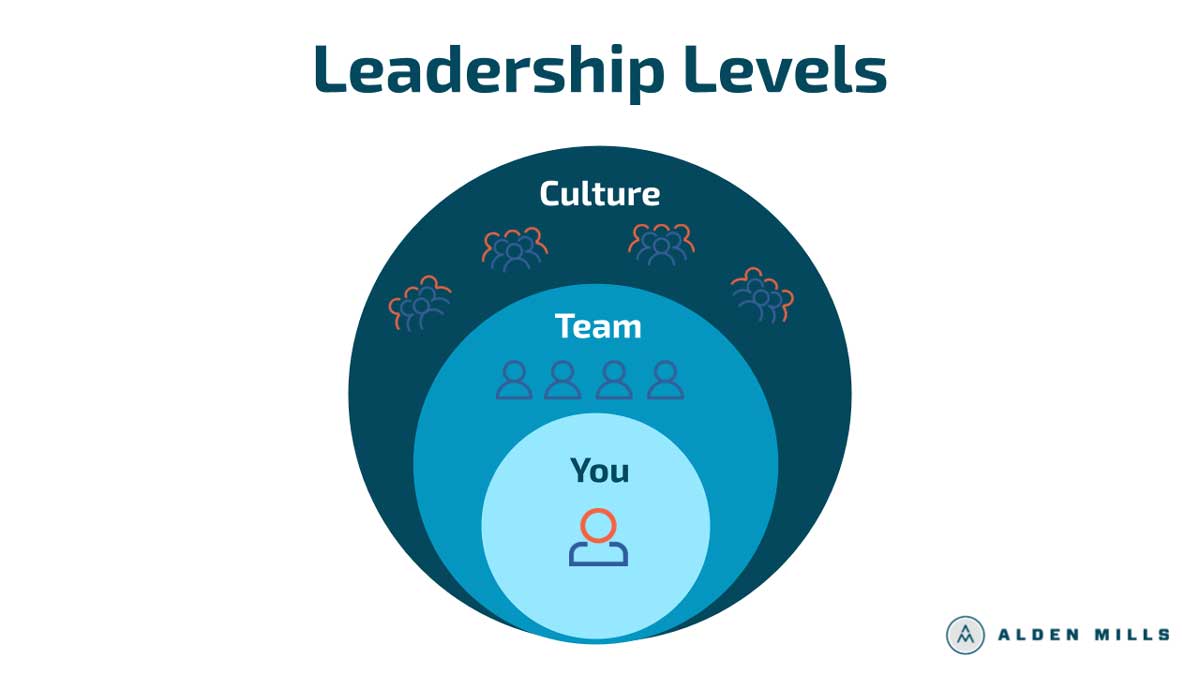Companies frequently invite Navy SEALs to be leadership speakers at events, aiming to motivate employees by showcasing a mindset that emphasizes determination, resilience, teamwork, and mental strength. However, for organizations to benefit from these insights, it's necessary to understand the SEAL philosophy and the vital role of shared sacrifice, which entails taking responsibility for both one's actions and the team's collective success. This concept is a critical aspect of the "extreme ownership" principle that drives SEALs' accomplishments. To unlock a team's full potential and achieve remarkable results akin to those of Navy SEALs, it's essential for leaders to consistently prioritize their people's needs above their own, fostering an environment of trust, collaboration, and unwavering support.
Navy SEALs are not the lone-wolf action heroes often portrayed in movies like Rambo. Instead, they are highly trained professionals who rely on teamwork, discipline, and strategic thinking to carry out their missions successfully. This statement emphasizes the importance of collaboration and unity within the elite group, as well as the need for individuals to put the team's success above personal glory. Leadership success is not determined solely by individual efforts; rather, it is achieved through the collective effort of a strong team and supportive organizational culture. Unstoppable Leadership is an approach that encompasses three essential components: developing an unstoppable mindset, building unstoppable teams, and fostering an unstoppable culture.
1) Unstoppable Mindset: The Foundation of Exceptional Leadership Skills
The first level of Unstoppable Leadership deals with the individual leader's mindset. Leaders must develop their abilities to embrace change, move past obstacles, and strive toward success in any situation or environment they may find themselves. This involves cultivating a growth mindset that encourages learning from mistakes and strives for continuous self-improvement. An unstoppable mindset is characterized by the following qualities:
Embracing Change: In today's rapidly evolving world, a leader's ability to adapt and thrive amidst change is crucial. Unstoppable leaders proactively seek out new opportunities and are not afraid to break away from conventional norms or approaches. They view change as an opportunity for growth and innovation, rather than a threat to their status quo.
Overcoming Obstacles: Unstoppable leaders possess a resilient mentality that enables them to face challenges head-on and find creative solutions to problems. They do not shy away from difficulties; instead, they see them as stepping stones toward their ultimate goals. These leaders maintain a positive outlook and persevere through adversity with unwavering determination.
Striving for Success: An unstoppable leader is driven by an insatiable hunger for success and continuously sets higher goals for themselves and their team. They demonstrate an exceptional work ethic, commitment, and passion for their vision, inspiring others to follow in their footsteps.
Learning from Mistakes: Unstoppable leaders recognize that failure is an inevitable part of the journey to success. They embrace their mistakes as valuable learning experiences and use them as a catalyst for growth and improvement. They foster a culture of learning within their organization, encouraging open communication and constructive feedback to drive continuous progress.
Continuous Self-Improvement: At the core of an unstoppable mindset is the desire for constant self-improvement. Unstoppable leaders are committed to their personal and professional development, seeking out new knowledge, skills, and experiences to enhance their leadership capabilities. They are self-aware, introspective, and always striving to become the best version of themselves.
2) Unstoppable Teams: The Key to Achieving Collective Goals Through Leadership Styles
The second component of Unstoppable Leadership focuses on effectively leading others as part of a team to work better together and accomplish more than what was initially set out to achieve. This requires cultivating effective communication strategies, understanding different working styles, and finding ways for everyone to contribute meaningfully towards the completion of tasks. To build unstoppable teams, leaders must hone their skills in several critical areas:
Cultivating Effective Communication Strategies: A strong leader recognizes that clear and open communication is the lifeblood of any successful team. They must actively listen to team members, encourage honest feedback, and foster an environment where everyone feels comfortable sharing their ideas, concerns, and suggestions. By promoting transparent communication, leaders can ensure that every team member is on the same page, working towards a common goal.
Understanding Different Working Styles: Embracing diversity within a team is crucial for generating innovative solutions and maintaining high levels of engagement. Unstoppable leaders take the time to understand each team member's unique strengths, weaknesses, and preferred working styles. By doing so, they can effectively delegate tasks, assign roles, and create an environment where everyone can thrive.
Encouraging Meaningful Contributions: Every team member has valuable insights and skills that can contribute to the overall success of the team. Unstoppable leaders recognize this potential and create opportunities for individuals to showcase their talents and make a meaningful impact on the project at hand. This not only boosts morale but also fosters a sense of ownership and accountability among team members, driving them to give their best effort.
Fostering a Collaborative Environment: A truly unstoppable team is one where collaboration is woven into its very fabric. Exceptional leaders actively work to break down barriers between team members, encourage open dialogue, and promote a culture of mutual support and respect. By nurturing a collaborative atmosphere, leaders can unite their team members, enabling them to work together more effectively and efficiently.
Adapting to Change and Overcoming Challenges: The ability to adapt and navigate through obstacles is a hallmark of unstoppable teams. Leaders must be prepared to help their team members embrace change, learn from setbacks, and find innovative solutions to problems. By instilling a growth mindset and fostering resilience, leaders can empower their teams to tackle challenges head-on and emerge stronger than before.
3) Unstoppable Culture: The Ripple Effect on Larger Groups Through Leadership Presence
The third aspect of Unstoppable Leadership delves into creating an organizational culture conducive to happiness, continual improvement, and high performance over extended periods. This means recognizing the successes of individual members while encouraging collaboration across teams and departments within the organization. It also means developing the necessary tools such as feedback systems or reward structures that enable employees to perform at their best, an approach closely tied to the 3 levels of leadership, where leaders influence not only individuals but also teams and the wider culture.
To foster a culture of collaboration and teamwork, leaders need to break down silos and create opportunities for cross-functional communication. This can be achieved through regular team meetings, workshops, or even social events where employees from different departments can connect and share ideas. By facilitating open communication and promoting a sense of unity, organizations can improve overall productivity and innovation.
Developing the necessary tools, such as feedback systems and reward structures, is crucial in enabling employees to perform at their best while feeling supported by their workplace environment. Implementing regular performance reviews, anonymous feedback channels, and peer recognition programs can help create a culture of continuous improvement. Additionally, offering both intrinsic and extrinsic rewards can motivate employees to strive for excellence and take pride in their work, while also reflecting the different leadership styles that inspire and guide team performance.
Emphasizing personal development and growth within the organization is another key aspect of building an unstoppable culture. By providing employees with opportunities for skill development, mentorship, and advancement, organizations can cultivate a workforce that is constantly evolving and adapting to new challenges. This not only benefits the individual employee but also contributes to the overall success and resilience of the organization.
Prioritizing employee well-being and happiness is essential in maintaining an unstoppable culture. This can be achieved by offering flexible work arrangements, promoting work-life balance, and providing resources for mental and physical health. When employees feel valued and cared for, they are more likely to be engaged, motivated, and committed to the organization's success.
Effective leadership starts with self-discipline and self-awareness, extends to collaboration and teamwork, and culminates in the ability to inspire and mobilize large groups. This well-rounded approach to leadership can create a ripple effect, influencing others and ultimately changing the course of history.

